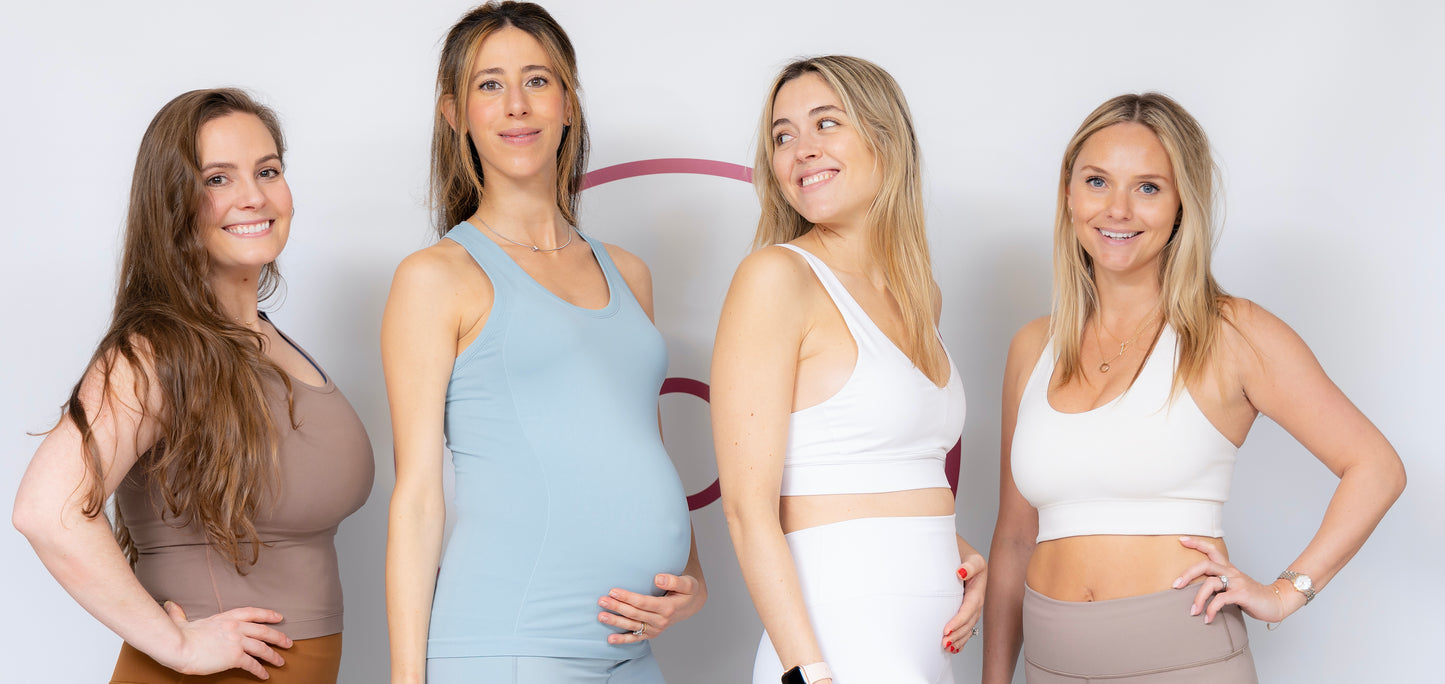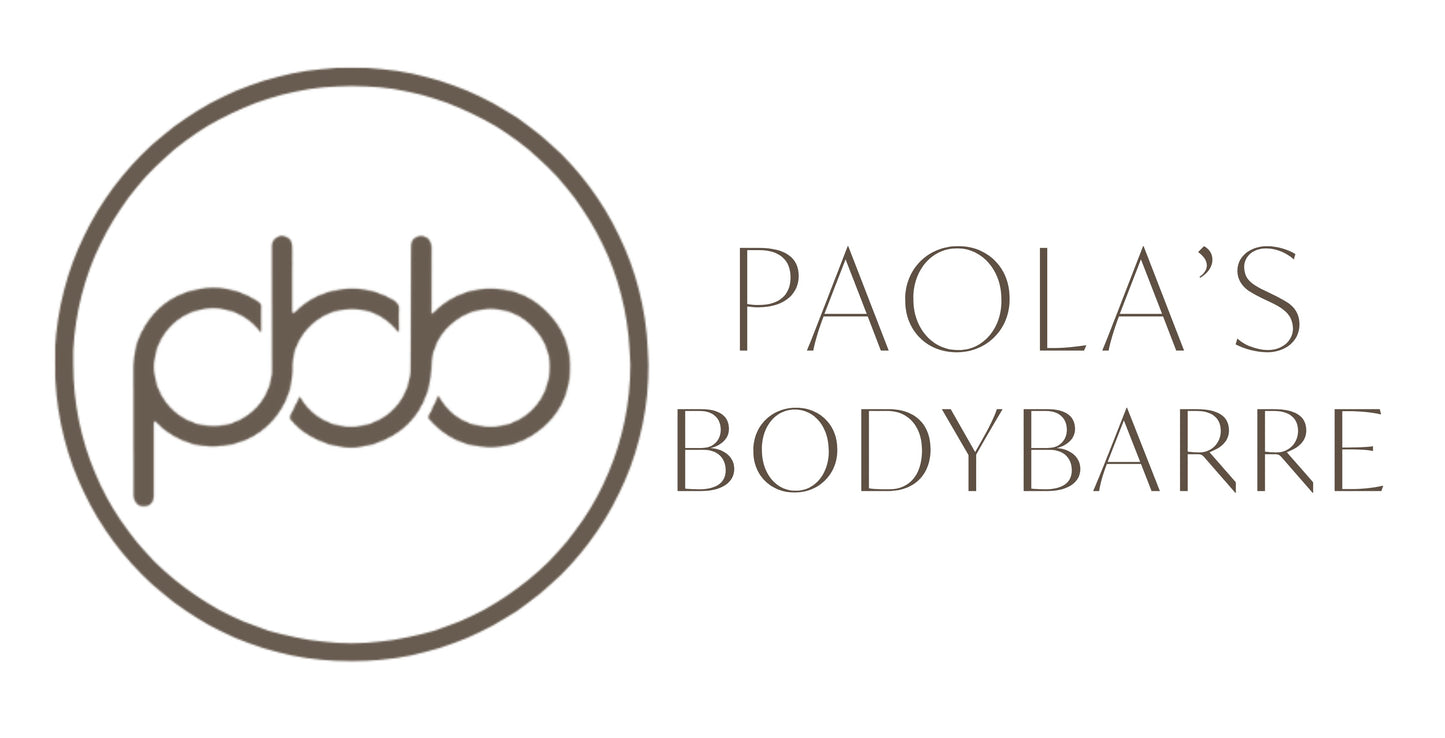
As an expectant mother, maintaining physical health is of utmost importance. Pregnancy can bring about various changes and challenges, making it crucial to engage in low-impact exercises designed specifically for expectant mothers. This article explores the benefits of Pilates and yoga during pregnancy and emphasises the importance of taking necessary precautions before starting any exercise program.
Pilates: Strengthening the Body for Childbirth
Pilates is a low-impact exercise that focuses on core muscles, including the pelvic floor, lower back, and abdomen. For expectant mothers, Pilates offers numerous advantages:
Preparation for labour and delivery: Pilates exercises target and strengthen the pelvic floor and lower back muscles, which play a vital role in facilitating a smooth delivery.
Improved posture: by strengthening the core muscles, Pilates helps alleviate the forward pelvic tilt often experienced during pregnancy, reducing back pain and improving posture.
Enhanced overall wellbeing: prenatal Pilates can reduce back pain, improve posture, promote better sleep, reduce stress and anxiety levels, and boost energy levels.
Reduced Risk of Complications: Regular prenatal Pilates practice can help regulate blood sugar levels and blood pressure, reducing the risk of gestational diabetes and hypertension.
Yoga: Nurturing Mind and Body
Yoga is a gentle exercise practice that combines physical postures, breathing techniques, and meditation. Incorporating yoga into an expectant mother's routine offers several benefits:
Stress relief and relaxation: yoga's emphasis on breathing techniques and mindfulness can help reduce stress and promote relaxation, fostering a positive mental state during pregnancy.
Strengthening and stretching: yoga poses gently strengthen and stretch the muscles, enhancing flexibility and maintaining muscle tone without straining the body.
Promoting circulation: gentle movements and controlled breathing in yoga help improve blood circulation, benefiting both the mother and the developing baby.
Connecting with your baby: yoga provides an opportunity for expectant mothers to connect with their babies, fostering a sense of bonding and mindfulness.
Now in saying all of the above what I also know that every pregnancy is unique, and it's crucial to consider certain precautions before starting any exercise program:
Consult your doctor: before engaging in any exercise routine, consult your healthcare provider to ensure that it is safe for you and your baby.
Seek guidance from pre and postnatal trainers: At PBB, our expert pre and postnatal trainers can provide personalised guidance on safe and suitable exercises during pregnancy.
Avoid high-intensity exercises: High-intensity exercises may place excessive stress on the body and should be avoided during pregnancy - again, talk to your doctor about this.
Listen to your body: pay attention to your body's cues and take breaks when needed. Trust your intuition and avoid overexertion during Pilates or yoga sessions.
Pilates and yoga are both beneficial low-impact exercises for expectant mothers. While Pilates strengthens the core muscles and prepares the body for childbirth, yoga focuses on relaxation, flexibility and mindfulness. However, it is essential to consult with your doctor and our pre and postnatal trainers before beginning any exercise program during pregnancy. By following proper guidance and taking necessary precautions, expectant mothers can safely enjoy their pregnancy and post-pregnancy journey.
